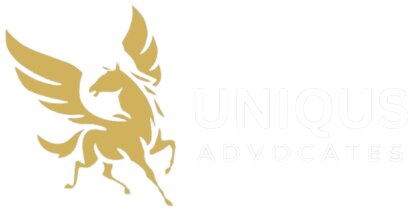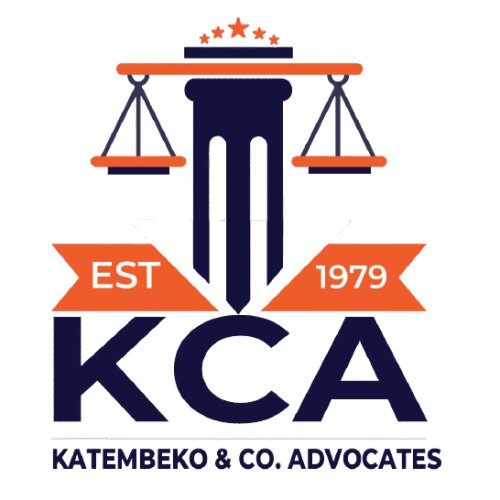Best Outsourcing Lawyers in Kampala
Share your needs with us, get contacted by law firms.
Free. Takes 2 min.
List of the best lawyers in Kampala, Uganda
About Outsourcing Law in Kampala, Uganda
In Kampala, the capital city of Uganda, the practice of outsourcing is quite widespread and is guided by not only national but also international laws. Outsourcing is commonly adopted in sectors such as telecommunications, manufacturing, banking and customer service. The laws governing outsourcing in Uganda are enforced to regulate the agreements between clients and service providers, ensuring mutual benefit and fair trade. These laws also guarantee protection for employees' rights, customer data security, and adherence to national labor laws.
Why You May Need a Lawyer
Engaging a lawyer in outsourcing situations can be invaluable. You might need legal expertise in drafting and interpreting outsourcing contracts, ensuring compliance with local and international laws, and settling any disputes that may arise from such agreements. Furthermore, a lawyer can help in protecting proprietary company information, ensuring adherence to health and safety standards, employment matters, and mitigating liabilities and potential risks.
Local Laws Overview
Uganda has a legal framework that governs outsourcing activities, which includes the Employment Act 2006, the Occupational Safety and Health Act 2006, and the Workers Compensation Act 2000. These laws regulate wages, working conditions, health and safety, and compensation for injuries sustained at work. Additionally, the Data Protection and Privacy Act 2019 explains the regulations for data storage and customer privacy, given that outsourcing often involves data transfer across national boundaries.
Frequently Asked Questions
1. What legal protection exists for employees in outsourcing?
In Uganda, the Employment Act 2006 safeguards the rights of employees in outsourcing. This includes regulations for fair wages, working conditions, and protection from discrimination.
2. How secure is customer data during outsourcing in Kampala?
The Data Protection and Privacy Act 2019 helps to maintain high standards of data security to protect customer information during the outsourcing process. It stipulates the obligations of data collectors and processors, including outsourcing companies.
3. Can foreigners take part in outsourcing arrangements?
Yes, both foreign companies and individuals can enter into outsourcing arrangements in Uganda, provided they adhere to Uganda's outsourcing regulations.
4. What happens if there's a dispute in an outsourcing arrangement?
The Employment Disputes (Arbitration and Settlement) Act 2006 provides procedures for resolving disputes. Companies are encouraged to have clear protocols outlined in their outsourcing contracts as well.
5. What sectors are heavily involved in outsourcing in Kampala?
Outsourcing is particularly common in the telecommunications and IT sectors, but also prevalent in banking, manufacturing, and customer service.
Additional Resources
The Ministry of Information and Communications Technology, the Ministry of Labor, and the Uganda Communications Commission are valuable resources in understanding Uganda's policies and regulations surrounding outsourcing. These governmental bodies enforce the various laws regarding outsourcing and guide stakeholders on rights, procedures, and obligations.
Next Steps
If you require legal assistance with outsourcing matters in Kampala, Uganda, it's advisable to contact a local lawyer who specializes in labor law or business law. Always do due diligence before engaging a lawyer, and ensure they have a solid understanding and experience in the outsourcing industry in Uganda.
Lawzana helps you find the best lawyers and law firms in Kampala through a curated and pre-screened list of qualified legal professionals. Our platform offers rankings and detailed profiles of attorneys and law firms, allowing you to compare based on practice areas, including Outsourcing, experience, and client feedback.
Each profile includes a description of the firm's areas of practice, client reviews, team members and partners, year of establishment, spoken languages, office locations, contact information, social media presence, and any published articles or resources. Most firms on our platform speak English and are experienced in both local and international legal matters.
Get a quote from top-rated law firms in Kampala, Uganda — quickly, securely, and without unnecessary hassle.
Disclaimer:
The information provided on this page is for general informational purposes only and does not constitute legal advice. While we strive to ensure the accuracy and relevance of the content, legal information may change over time, and interpretations of the law can vary. You should always consult with a qualified legal professional for advice specific to your situation.
We disclaim all liability for actions taken or not taken based on the content of this page. If you believe any information is incorrect or outdated, please contact us, and we will review and update it where appropriate.
















